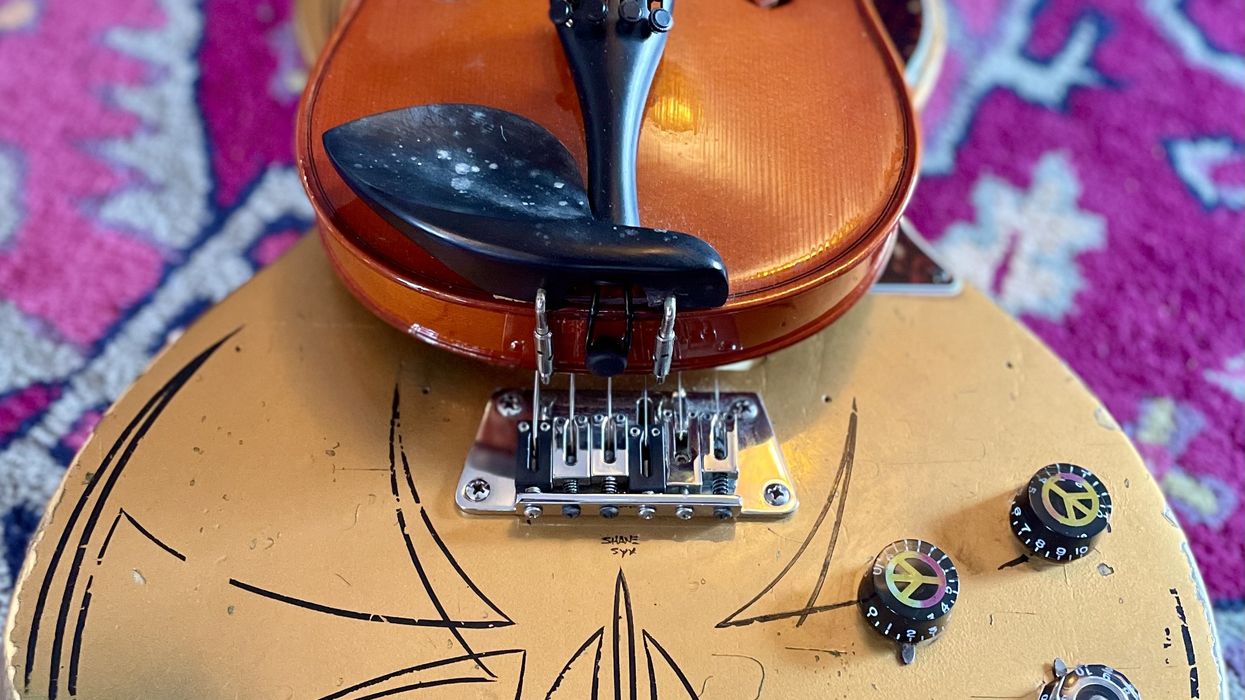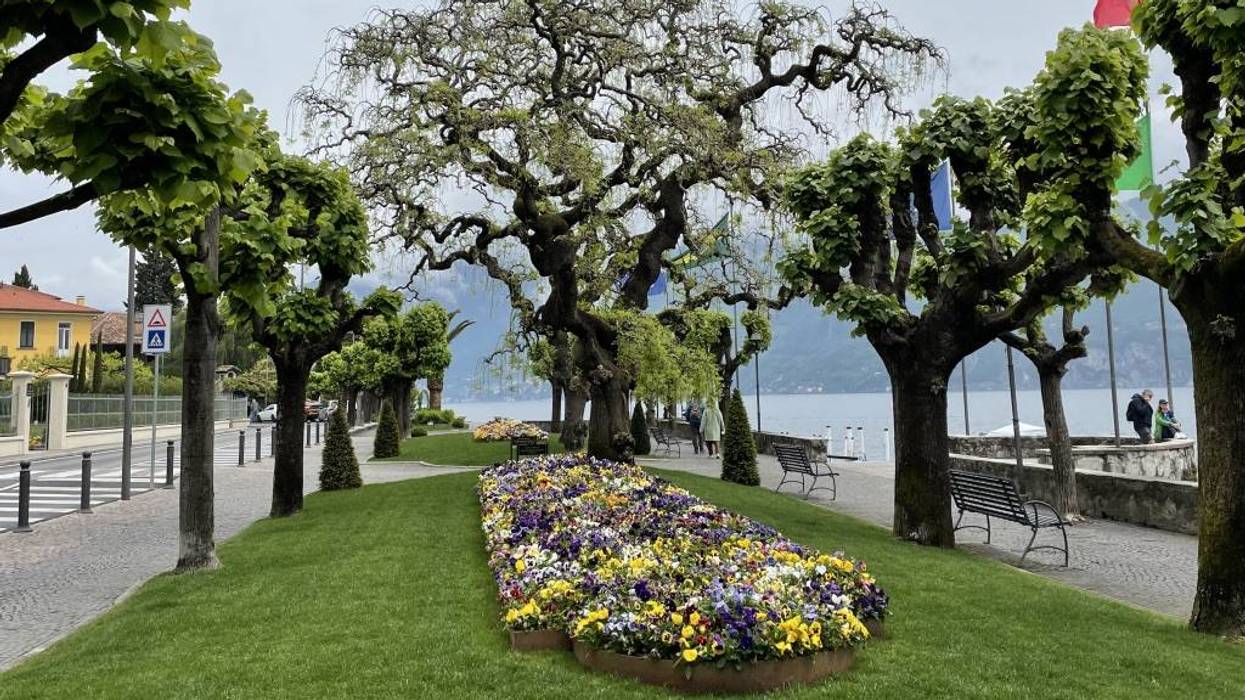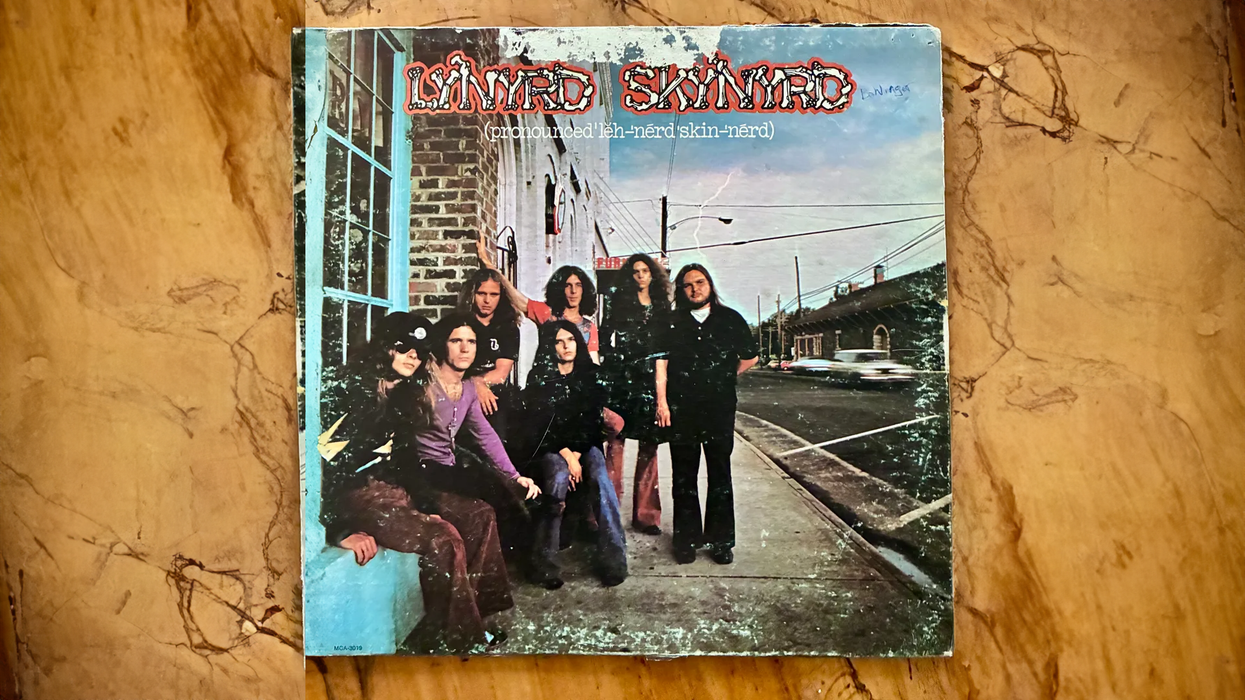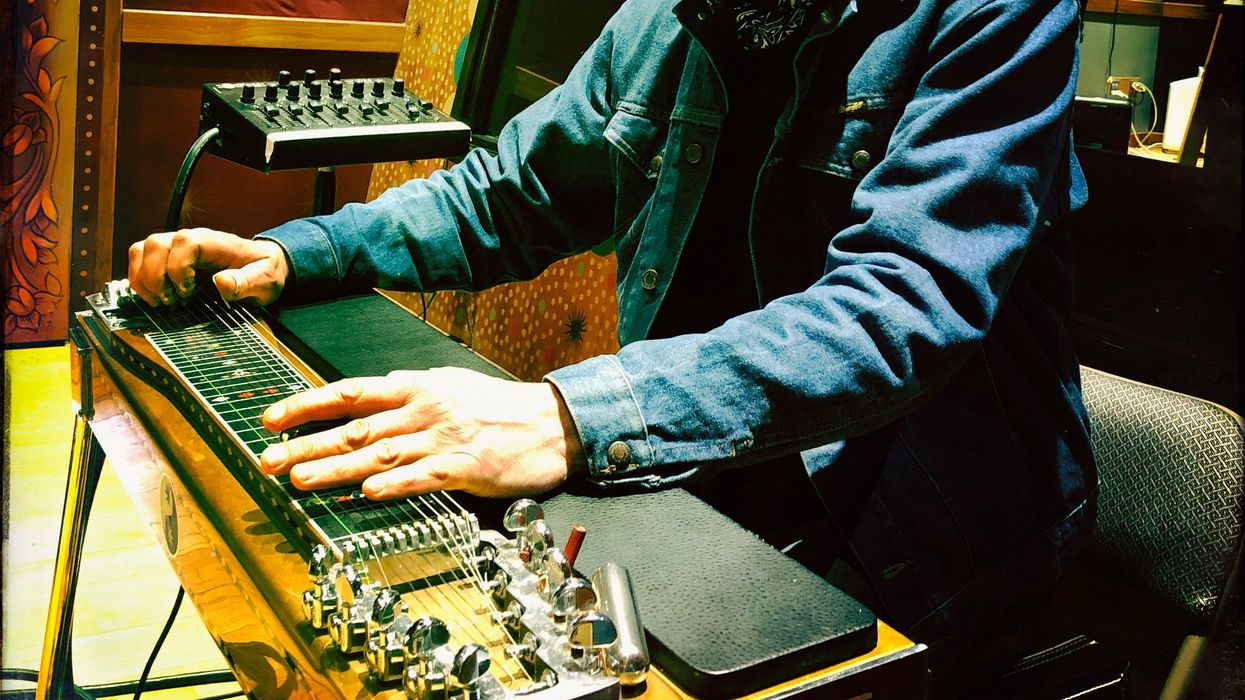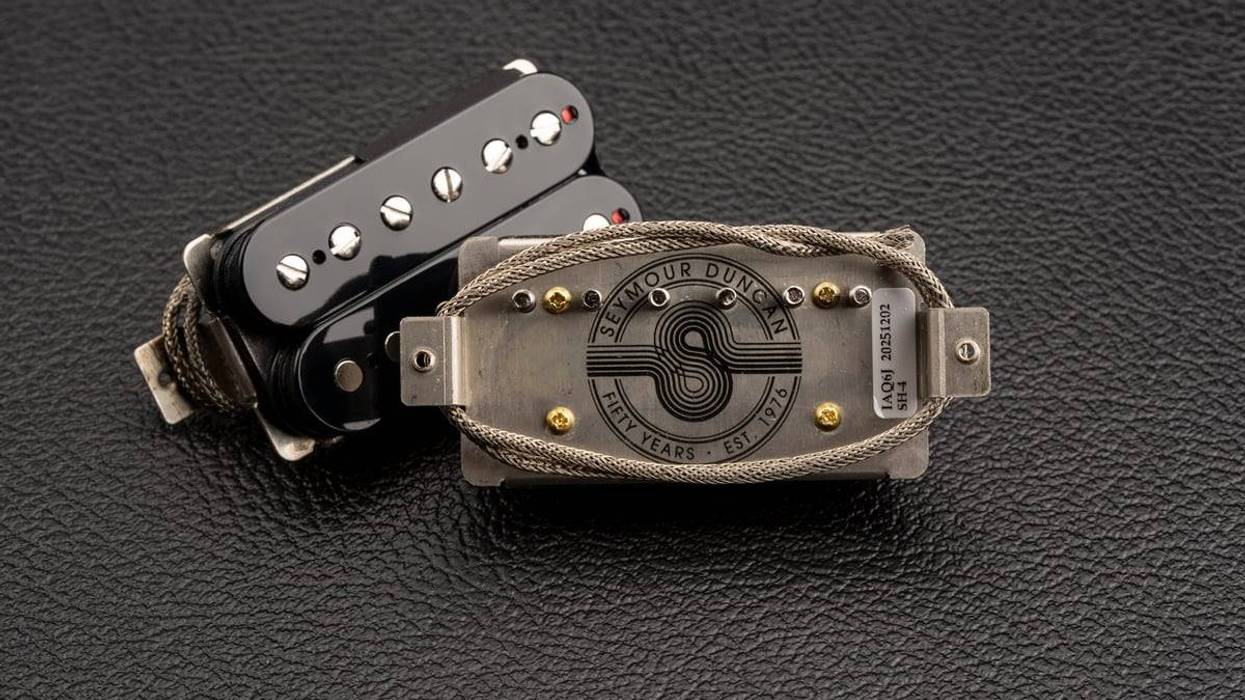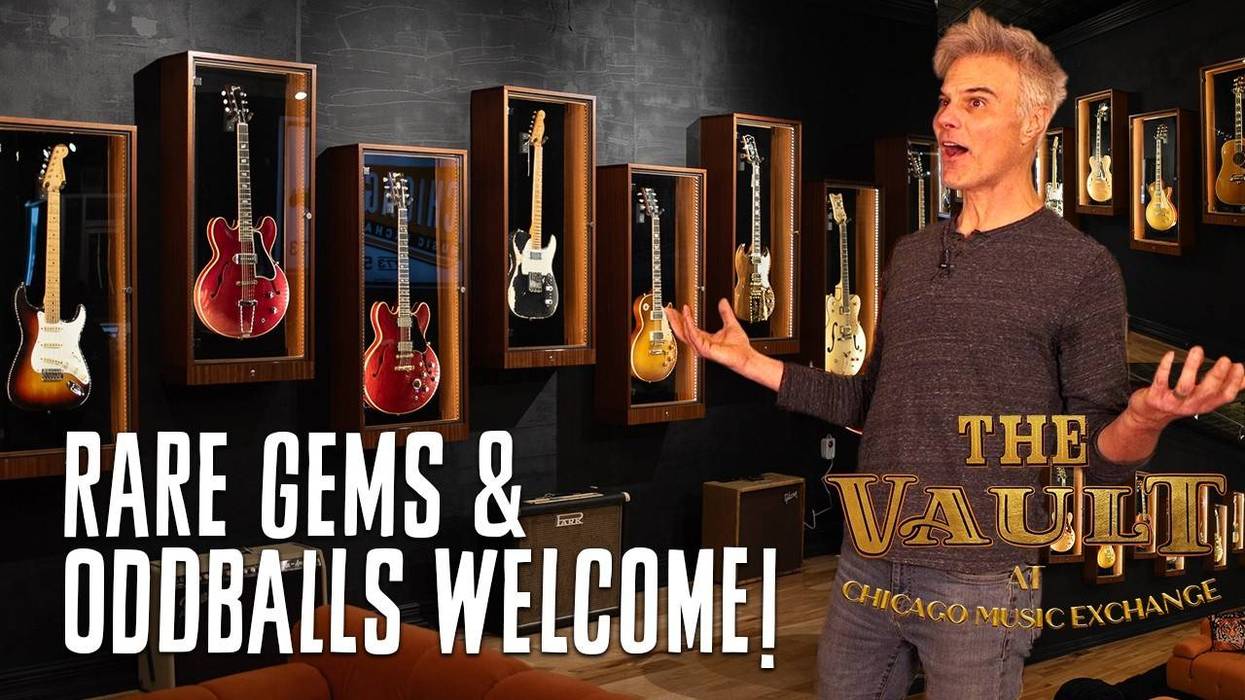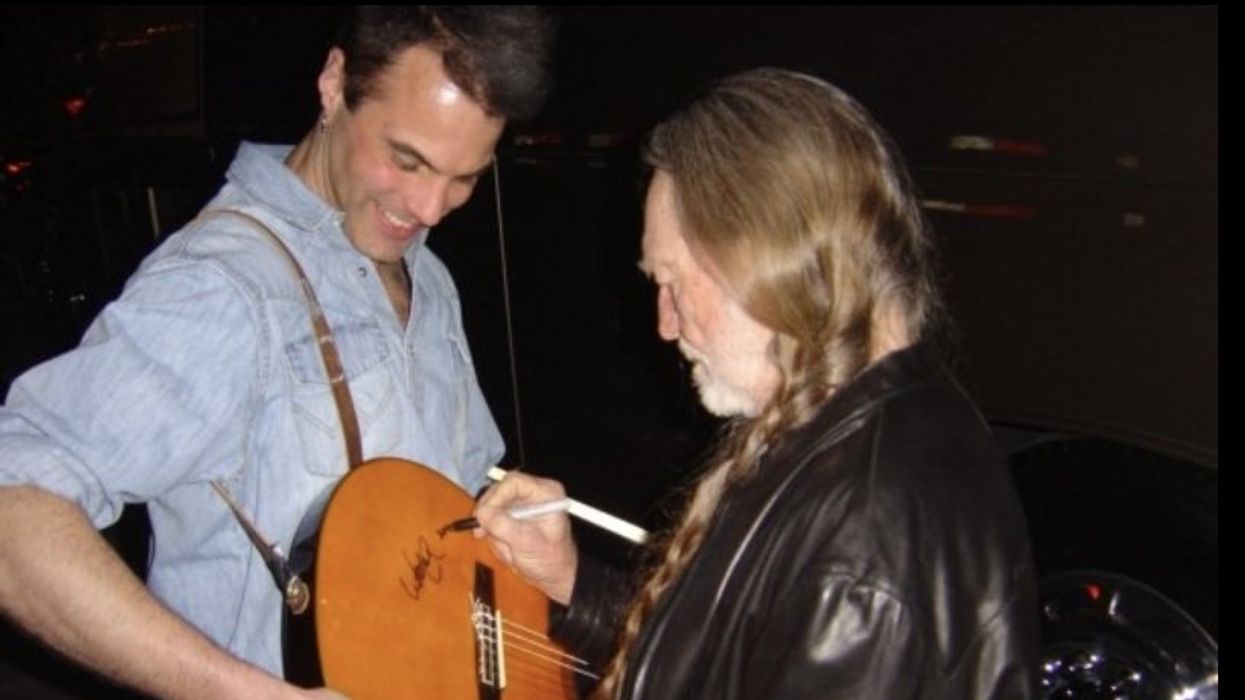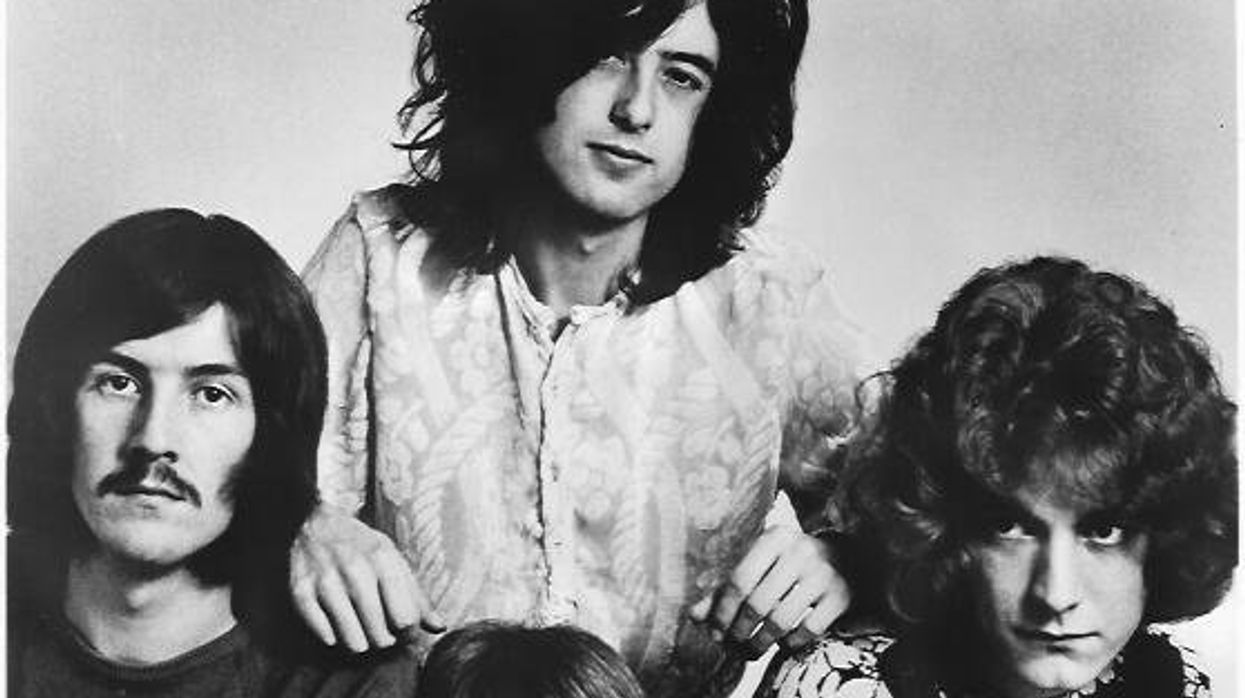The first time I really played music was in fourth grade in my elementary school orchestra. Although I played terribly and was just one tiny cog in a huge musical machine—second to last chair in the second violin section out of 30 kids—being part of these incredible, interwoven melodies was a genuinely moving experience, regardless of how bad it must have sounded. But despite the personal history, classical musicians are a bit of a mystery to me, and probably most guitarists.
Firstly, classical music is too much work.
Great guitarists all have worked their asses off to master their instrument. But the most dedicated guitarists probably won’t put in half as much hard practice time as classical players. I first noticed this when I was touring with my friend and former bandmate Robert Martin—who’s worked with Frank Zappa, Stevie Nicks, Etta James, Bonnie Raitt, and lots of others. We could be in Venice with a free day to explore, and Robert would lock himself in a room with his French horn to practice. On the gig, he wasn’t even playing French horn, just piano and sax, but he carried that thing with him around the world because he had to get his lips on that horn daily. It was somewhere between a compulsion and rigid dedication. Robert told me he had been on this schedule since 1969, when he entered the Curtis Institute of Music, where he undertook intensive classical studies.
On Quora, I found a conversation around the question, “How much do professional musicians practice every day, or does performing take the place of practice?” Only classical musicians responded. The consensus was that orchestral musicians need to practice all the time to play at their absolute best. For symphonic violinists, the practice minimum seems to be three hours daily, but it’s not uncommon for violinists to practice eight hours per day and they rarely take a day off.
Sasha Romero, the principal trombonist in the MET Opera Orchestra, posted on the forum about her typical day. “I usually warm up/practice fundamentals for 30–60 minutes before starting a 2.5-hour rehearsal. Depending on the rep, I may play 5 minutes of that or pretty much every measure (trombones still have far fewer notes than string players). There’s often a second 2.5-hour rehearsal after lunch. After I get home, I might have one more hour-long practice session where I work on an upcoming rep or a recital or whatever is in the near future.”
On her lightest weeks, she posted that she practices about one-and-a-half hours minimum, and four hours max, every day. I could not imagine the misery of four hours alone in a room playing trombone scores. Lots of counting, a bit of monophonic blowing. Torture.
Ever notice when you walk into a venue to see an orchestra, they are all seated practicing right up until the conductor walks out? I always think, “The curtain is up. We can see you. If you don’t have it by now, just go with what you’ve got.” Meanwhile in the world of guitar, half the band is joking around or slugging down drinks right until curtain.
“I could not imagine the misery of four hours alone in a room playing trombone scores.”
Guitarists play what we want when we want. Yes, hard practice is part of the guitar journey, but even a raw guitarist, only playing for a short time with no formal training can play something that connects on the deepest level.
Second: Classical music limits your expression.
Classical players color in the lines. Their contribution to a composition, as one player on the forum put it, is that “the depth of color is up to you.… If Beethoven wants pianissimo, I must play the softest, most spine-tingling pianissimo anyone ever heard!”
Guitarists outside the classical world have carte blanche to do whatever they want. As Eddie Van Halen said: “You’ve only got 12 notes, and however you mix them up is your thing.” In our world, the most revered guitarists are players like Django Reinhardt, Wes Montgomery, Jeff Beck, and EVH. They are celebrated because they went where no one had gone before.
Guitar is a very personal instrument. We are all influenced by others, but ultimately, all guitarists have their own thing. If 10 guitar players lay down a track for a new song, you will get 10 wildly different interpretations.
The vast majority of my 10,000-plus hours were spent having fun, or, as SRV put it, “trying to pray through my guitar.” Guitar remains my therapist, entertainment, companion, and an expression of self. Classical musicianship feels more like servitude to me. Guitar feels like freedom. Classical feels like religion. Guitar feels like spirituality. I’m not knocking either one, but we know who our tribe is.


